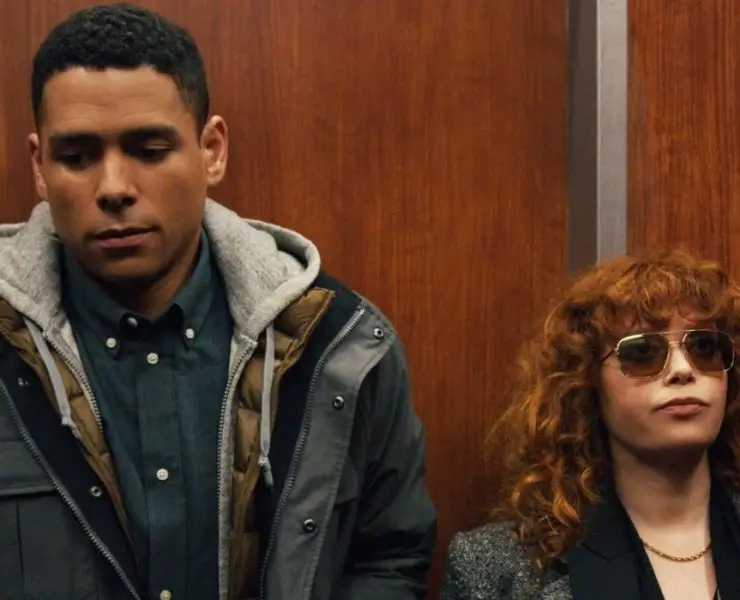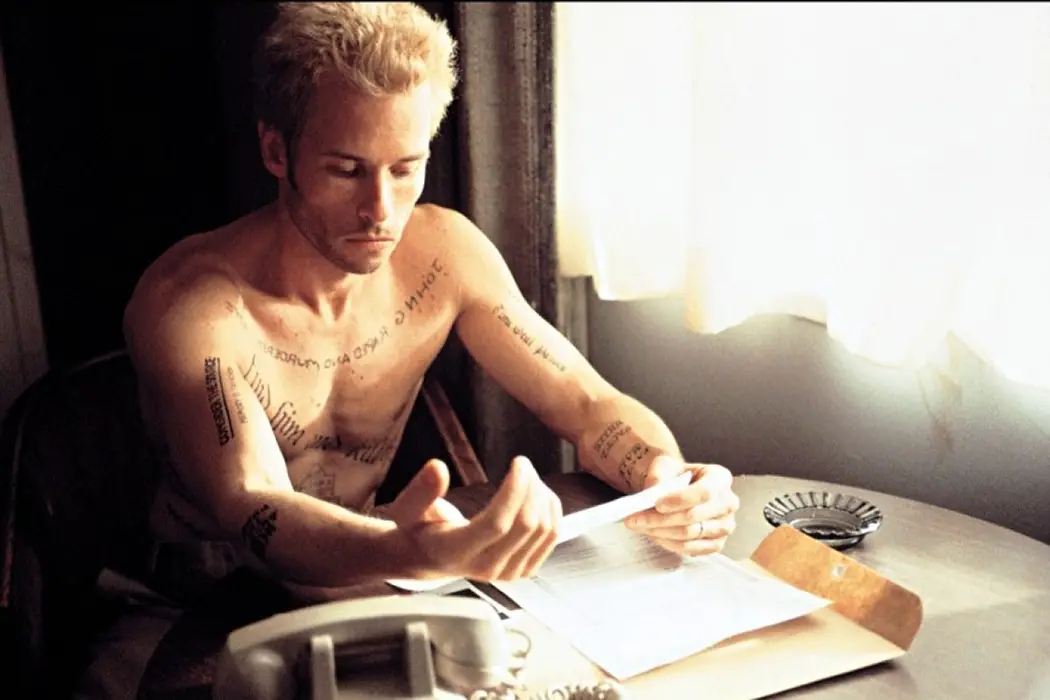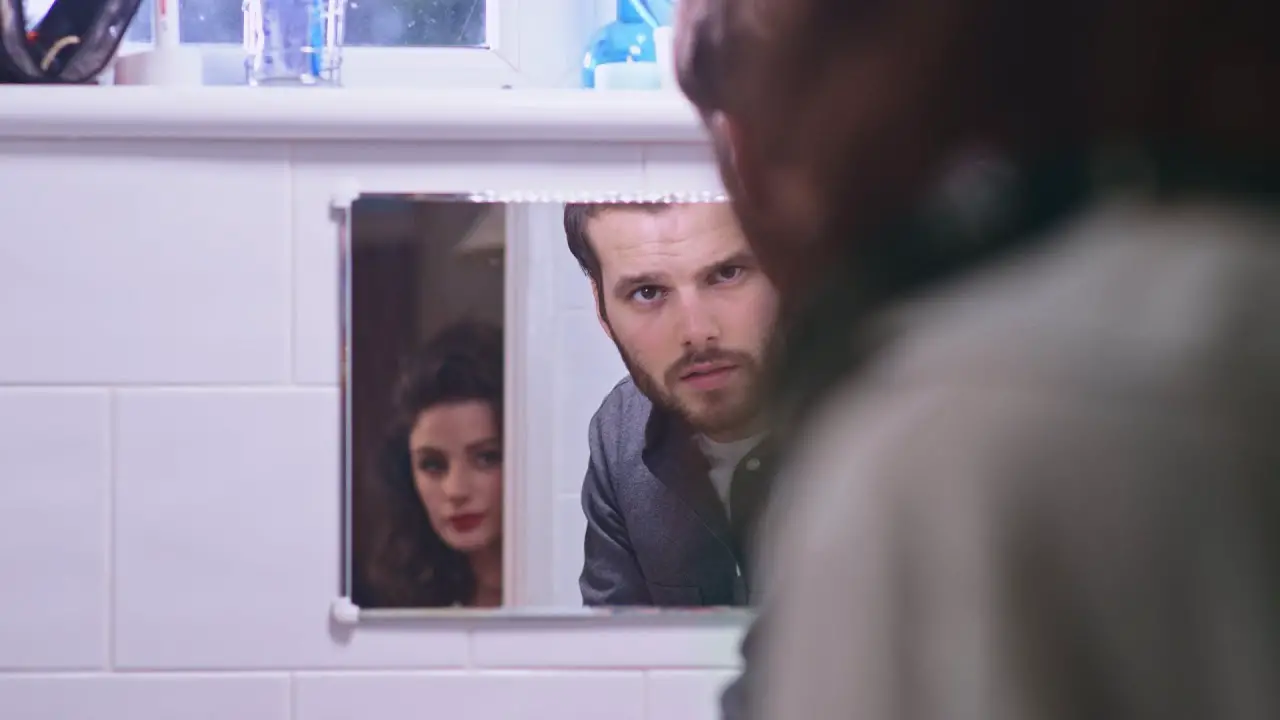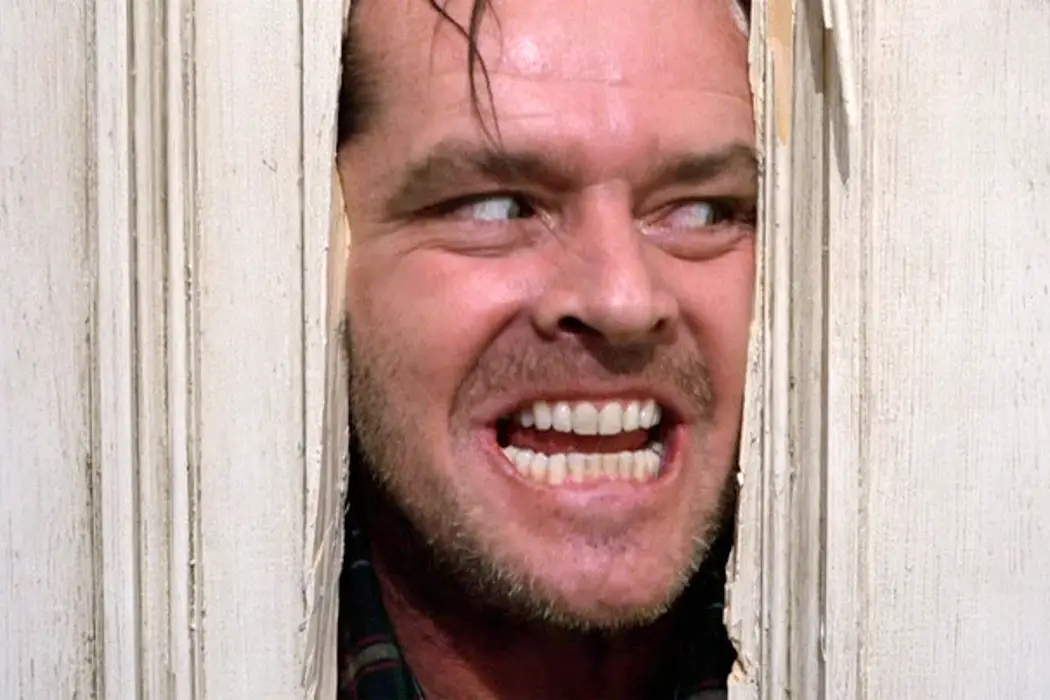philosophy
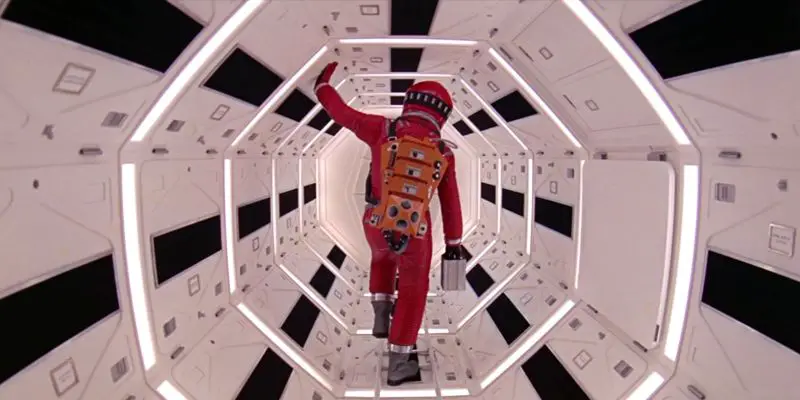
Stanley Kubrick’s classic sci-fi epic, 2001: A Space Odyssey, is a fictional transcendence of classic Greek mythos through the ubiquity of the motion picture camera. As the film’s title suggests, this is Greek philosopher Homer’s The Odyssey told on the grandest of scales and sparing no expense that 20th Century cinema had to offer.

Woody Allen’s perennial dialogue of death and futility is upon us, and, as someone who takes comfort in the recurring anguish of Mr. Allen’s films, I couldn’t be happier with his 2015 iteration, Irrational Man. He executes a story equivalent in scope to what has become one of the auteur’s main ambitions these fifty years:



